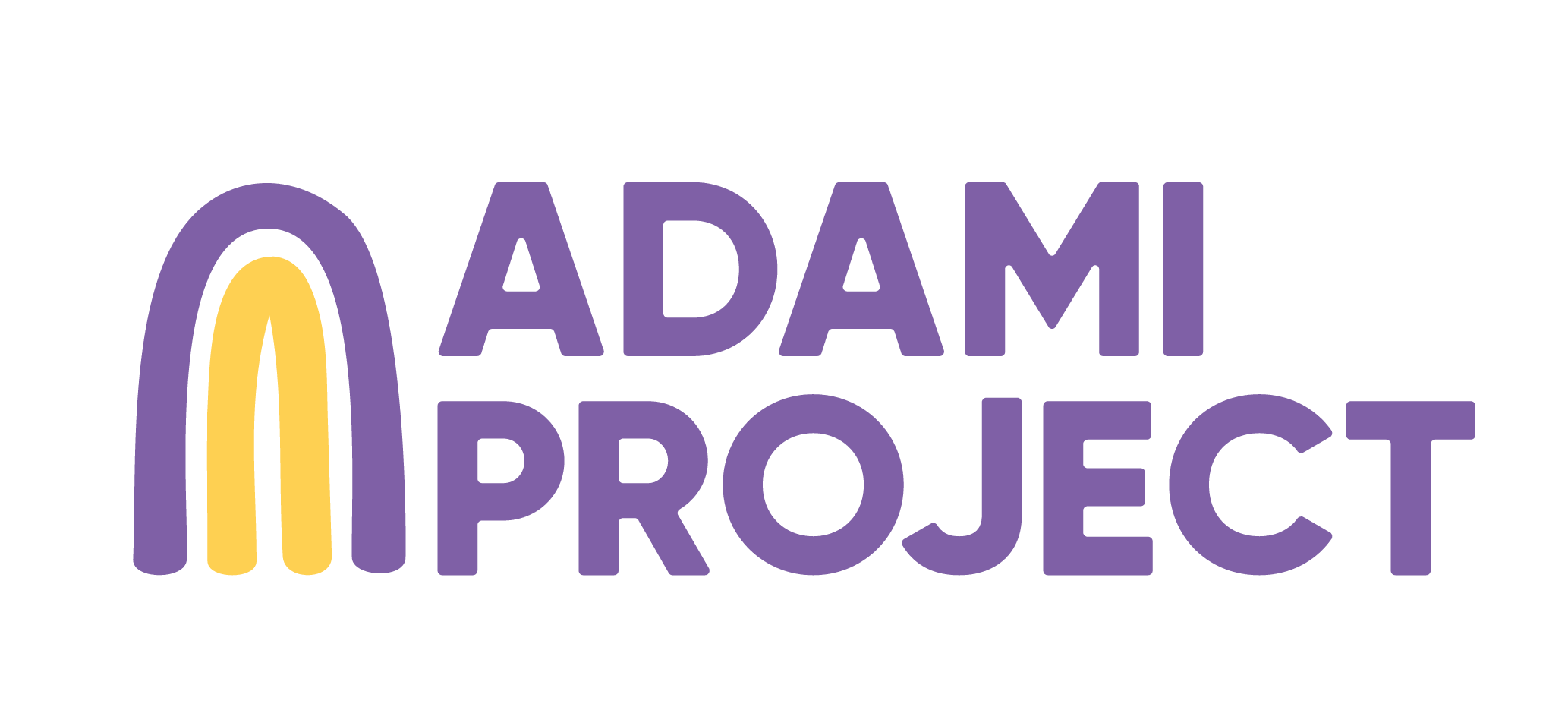Our Story
The AdAmi Project was inspired by the story of two young Sierra Leonean women, Adama and Aminata. Sisters, they both fell pregnant within months of each other in late 2017 when they were aged just 15 and 17.
Adama and Aminata were attending secondary school at the time, thanks to scholarships from a local charity. On discovering the pregnancies they were expelled by the school authorities and also told by the charity that they would no longer be eligible for support.
Our founder, who had known the girls for many years, reached out to a number of organisations to find support for Adama and Aminata. Frustratingly, very few, if any, offered the holistic care and support needed at such a life changing time.
The concept of the AdAmi Project was therefore born. Working in partnership with local community organisations, we launched our one year pilot with 25 young mothers in August 2018 and today, we are proud to be working with over 100 young mothers in Bo and Kenema district.
What we do and why
We work together with young mothers in Bo district, southern Sierra Leone to build happy, healthy and financially independent lives. We target the most vulnerable young mothers, usually aged 14-25, who on joining the programme are out of education, live in extreme poverty, lack a sustainable means of earning an income, are homeless or at risk of homelessness due to family tensions and have limited or no support network.
Through tailored support, usually over 2-3 years, we support young mothers to:
Complete their basic education through the provision of scholarships, uniforms and learning materials. Childcare is also provided.
Move towards employment or engage in enterprise through scholarships to pursue vocational training at local centres and workplaces.
Gain the confidence and knowledge needed to make informed and positive life choices through weekly mentoring and life skills sessions where they explore vital topics in such areas as sexual and reproductive health, human rights and child health.
Build supportive communities by challenging negative stereotypes and raising support for the rights and talents of young mothers. This includes family mediation sessions to rebuild relationships that have broken down and local community awareness raising and advocacy activities.
The facts
In Sierra Leone:
2 in 3 girls do not attend secondary school
46% of girls and young women aged 15-24 are illiterate
28% of girls have their first pregnancy or child before their 19th birthday
70% of survivors of sexual assault are under the age of 15
Globally:
An educated girl will earn up to 25% more per year of secondary school
Women who work invest 90% of their earnings back into the family home, compared with 35% for men
When a girl is educated everything changes for the better - they marry later, have smaller families, are more likely to resist gender-based violence and are twice as likely to educate their children
Please note that since the making of this film in January 2019, the ban on pregnant girls attending school has been lifted.

